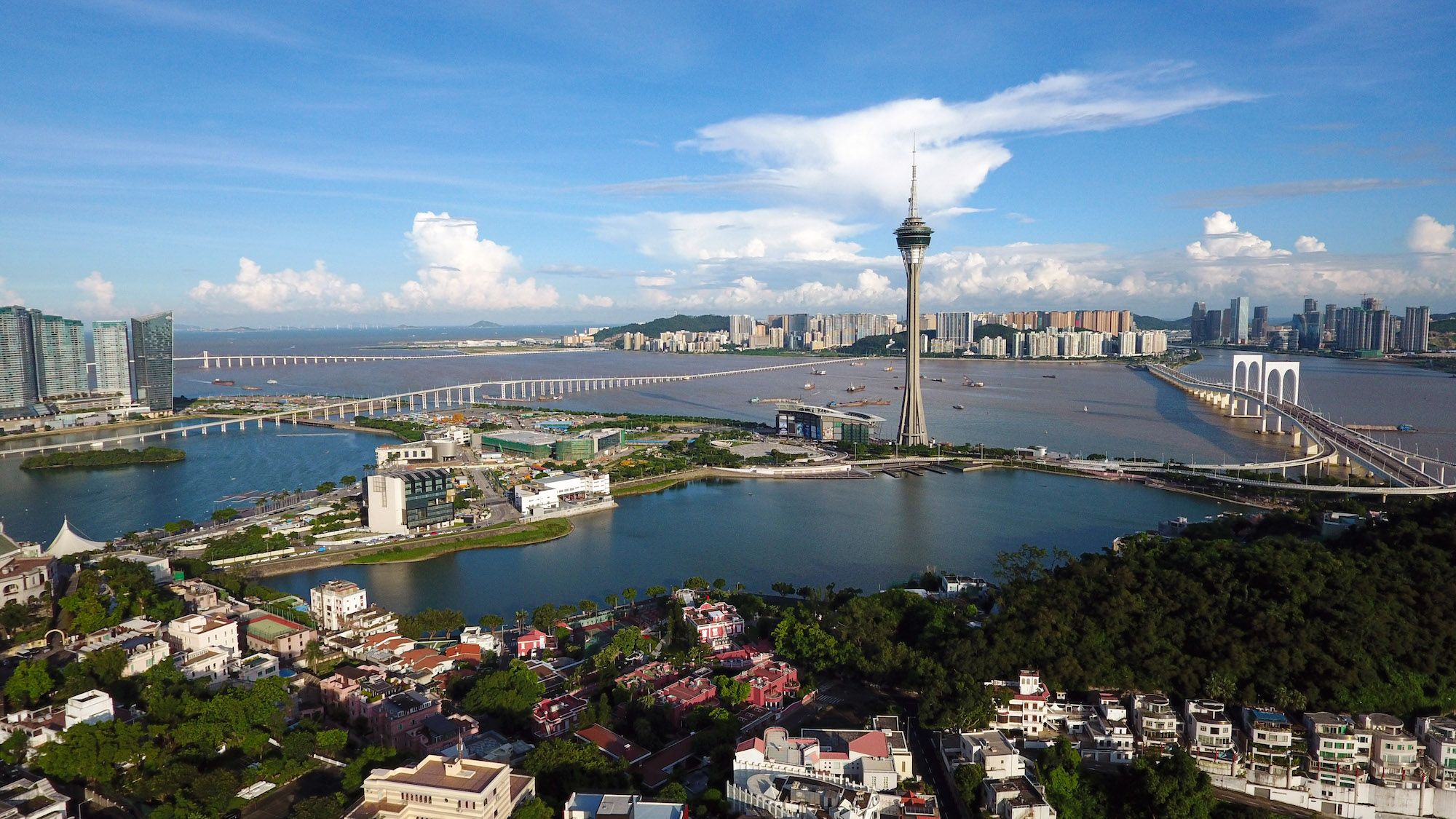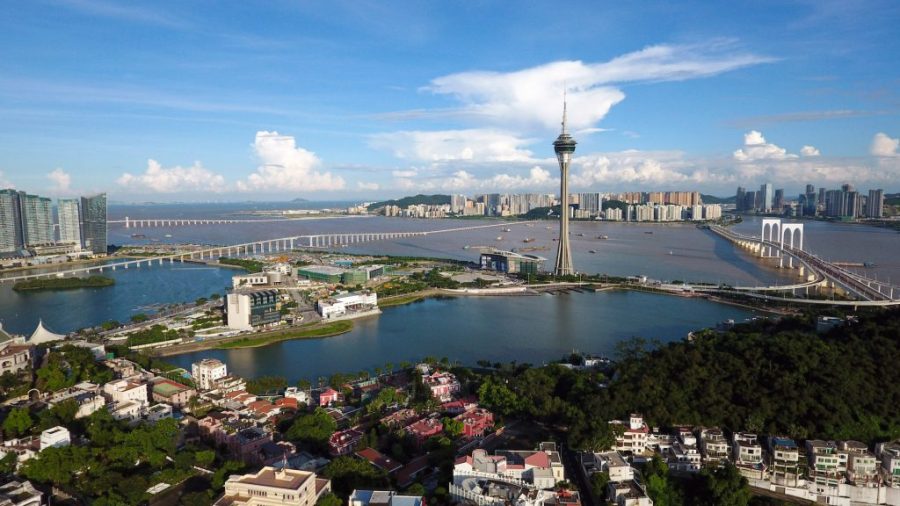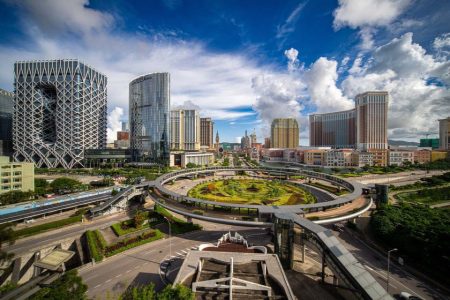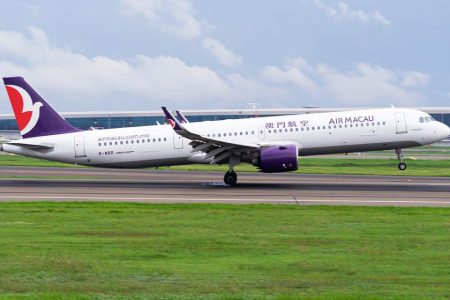Macau’s economy will contract at a rate of 5.2% in 2019, according to the latest forecasts from the Economist Intelligence Unit (EIU), which refer to 2021 as the year in which the territory will return to positive growth rates.
The latest official figures published by the Macau Statistics and Census Bureau are for the third quarter of 2019 and show that from January to September, the economy of the territory shrank by 3.5% year-on-year, with a contraction of 4.5% in the third quarter.
The EIU analysts also forecast that the economy of the territory will contract again in 2020, with a negative rate of 3.3%, and the average contraction in the 2019/2020 period will be 4.3%, due to the cooling of the gaming sector and the lack of new investment projects in this area.
The EIU expects the Macau economy to return to growth following the signing of a trade agreement between China and the United States, which is expected to lead to an increase in the number of Chinese tourists seeking destinations abroad.
The report said that despite the slowdown of the Chinese economy in 2020/2021, the average income in the country will continue to grow, which will lead to an increase of mass tourism and of the gaming industry in Macau, which will prevent the territory from experiencing a sharp contraction of its economy.
The EIU recalls that the efforts of the Government of Macau to diversify the economic fabric and move the territory away from its dependence on gaming and gambling will not produce significant results in 2020/2021.
It will be up to the gaming concession holders to increase offers to tourists not related to gambling to attract more people to visit Macau.
Among the main macro-economic indicators gross fixed capital formation, or investment, shows very negative values, with rates ranging from minus 18.6% this year and 9.4% in 2021, with a contraction of 11.5% in 2020.
The rate of inflation will remain stable at around 3.0% in the period under review, as well as the interest rates for loans, at 5.3/5,4%, as well as Macau’s budgetary balance, which will be 12% of the territory’s Gross Domestic Product.






